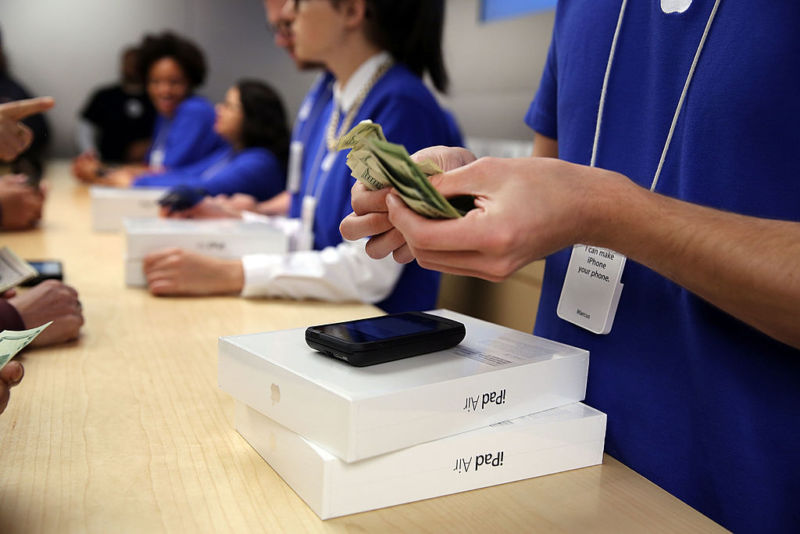
A judge has ordered Apple to pay $506 million to the research arm of the University of Wisconsin.
Wisconsin Alumni Research Foundation, or WARF, sued Apple in 2014, accusing its A7, A8, and A8X chips of infringing US Patent No. 5,781,752, which claims a type of "table based data speculation circuit." The following year after a trial, a Wisconsin jury found (PDF) that Apple had infringed the '752 patent and that it should pay $234 million in damages.
Yesterday's order (PDF), signed by US District Judge William Conley, more than doubles that amount. Conley awarded WARF $1.61 per unit for many of the iPad and iPhone devices that use the accused chips, up until the entry of judgment in October 2015. He also tacked on $2.74 per unit as a royalty payment covering the period from the date of judgment through December 26, 2016, which is when the '752 patent expired.Since much of the argument over additional damages was redacted or sealed, it isn't clear exactly how many units the royalty was applied to. The total of $506 million also includes some court costs and post-judgment interest.
Apple has already filed papers to appeal the jury's verdict. A second WARF lawsuit against Apple, accusing a newer generation of products, is on hold while Apple appeals the first verdict.
WARF was one of the first university institutions to dive heavily into patent litigation. In a stream of lawsuits, WARF has demanded that it be paid royalties on a vast number of semiconductors.Beginning around 2002, WARF sued Creative Technology, Sony, Toshiba, IBM, Samsung, and Infineon Technology. The research organization sued Siemens and AMD in 2006 and Intel in 2008. All of those cases resulted in settlements.
WARF also licensed with some companies without litigation, including Hitachi and Sanyo.
Spokespersons for both Apple and WARF declined to comment on the case.
reader comments
149